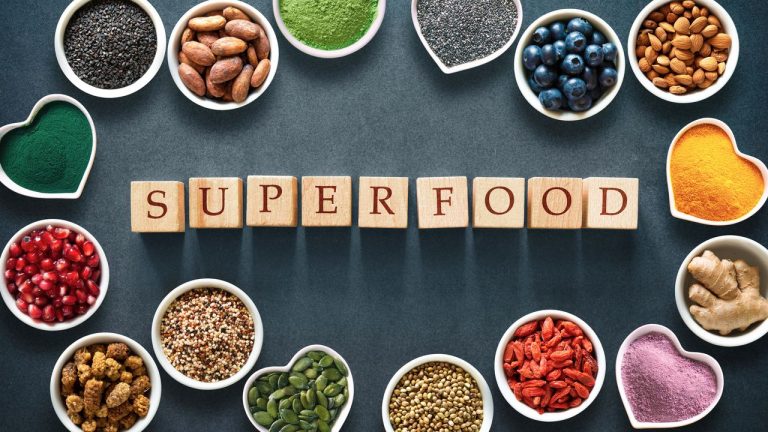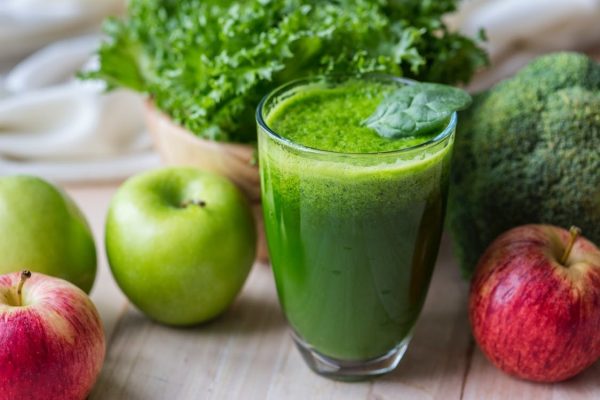
There are indeed foods that activate metabolism and promote your health. These five healthy fruits, legumes, and vegetables might even grow in your garden!
A well-functioning metabolism is crucial for health and well-being, dear readers. The term “metabolism” encompasses all biochemical processes that occur in our cells: from breaking down nutrients to providing energy and transporting waste out of the body. For these metabolic processes, the body utilizes both its own reserves and the nutrients we provide it.
In daily life, it’s often challenging to supply the metabolism with all the necessary nutrients. Our metabolism requires fresh and unprocessed foods to function well. Firstly, because they provide various macronutrients and micronutrients, and secondly, because fruits and vegetables contain fibers crucial for a healthy gut bacterial environment.
Fast food, processed meals, and heavily processed foods often provide these substances insufficiently. Additionally, the metabolism struggles to properly identify and process many ingredients, such as flavor enhancers or sweeteners.
To boost metabolism, exotic superfoods are often recommended. However, they are usually expensive due to long transport routes to local supermarkets. Moreover, the environmental impact of superfoods like chia seeds, goji berries, and others is frequently devastating. Aside from the high CO2 emissions during transportation, the cultivation of many superfoods consumes a tremendous amount of water – for example, in the case of avocados. Samples of superfoods also often contain significant amounts of pesticides.
REMEMBER!
Superfoods are often contaminated with pesticides and have an unfavorable environmental impact.
Therefore, I rely on regional “superfoods.” Their nutrient balance is at least as good – possibly even better, as they reach consumers more quickly – and their environmental impact is better. At the farmers’ market, you can specifically choose products from the region. Today, I’d like to introduce you to five regional superfoods.
These 5 regional superfoods aid your metabolism:
- Apples:
Apples contain the water-soluble fiber pectin, which helps stimulate the digestion and processing process. Pectin swells in the intestines, providing two positive effects: it ensures a long-lasting feeling of fullness and encases fat particles, allowing them to be excreted undigested. A good, vitamin-rich apple variety (such as Berlepsch, Boskop, Jonagold) can cover up to 60 percent of our daily vitamin C needs and help lower cholesterol levels. Both vitamins and pectin are mainly found in the apple skin – so always consume apples unpeeled. - Carrots:
The orange roots have a particularly favorable fiber composition, thereby regulating intestinal function. The plant pigments (carotenoids) giving carrots their characteristic color also inhibit fat deposits in blood vessels. To absorb nutrients from carrots, they should always be eaten with some fat, for example, lightly steamed in butter or olive oil. - Radish:
Radish might not suit everyone’s taste due to its characteristic spiciness, derived from three different mustard oils it contains. These oils have a proven beneficial effect on the liver, gallbladder, and digestion. Additionally, due to its high potassium content, radish has a diuretic effect. - Lentils:
Lentils have long shed their reputation as fattening food. These small powerhouses are great for our health and metabolism. Lentils score with a high content of three nutrients considered fat burners: protein, the B-vitamin choline, and magnesium, all of which boost the burning of body fat. Additionally, lentils have been proven to lower elevated cholesterol levels, thus protecting the heart and circulation from diseases.
Those prone to digestive problems should prefer red and yellow lentils. These are peeled and therefore more digestible.
- Fennel:
The fennel bulb has a distinct aroma attributed to the essential oils it contains: anethole, fenchone, and menthol. They have a soothing effect on the stomach and intestines, aiding in rebalancing a sluggish or overactive digestion. Fennel bulbs also provide considerable amounts of minerals like magnesium, calcium, phosphorus, and iron, along with several B-vitamins, provitamin A, and vitamin E. With its relatively high fiber content and plant-based protein, fennel is also among the regional metabolism boosters.
I hope I’ve piqued your interest and perhaps inspired you to take a stroll through the farmers’ market. Stay curious!


